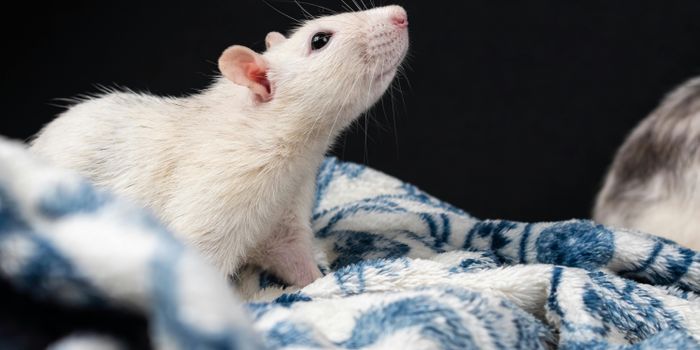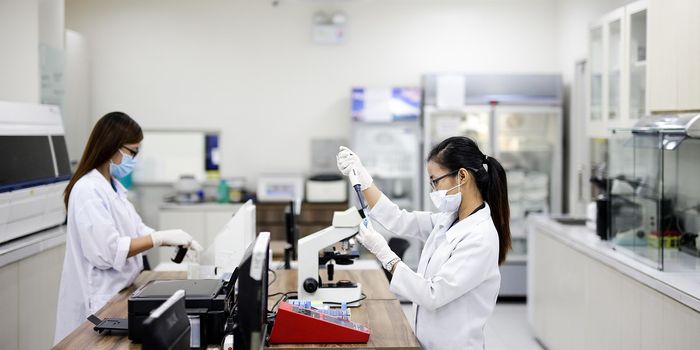FDA Bans Cilantro From Many Mexican Sources Following Outbreaks of Cycloporiasis
If you've purchased any Cilantro recently, you might want to make sure it's not imported from the Mexican state of Puebla, as the Food and Drug Administration (FDA) has just banned imports of the popular food ingredient from affected sources following findings of human feces and toilet paper all over growing fields of Cilantro in various farming grounds in Mexico.

Instead, if you are planning to shop for Cilantro, you should try and buy it from local farmers' markets instead of large chain stores that might be importing it from affected sources from Mexico. This will be your safest bet against coming down with any diseases, like Cycloporiasis, from the dirty imports, apart from just not buying it at all.
Ongoing investigations have revealed that eight out of eleven studied Cilantro farms in Mexico have been affected by "objectionable" care for the crops and poor hygiene, while five of them are reported to have been directly related to the disease.
Locking down imports of Cilantro from certain Mexican sources until the farming conditions is the best way to go about quarantining the parasite from the stomachs of U.S. citizens. After all, would you want to eat something littered with human feces and toilet paper?
Already, the problematic conditions have been ruled as the cause for a current outbreak of a nasty and serious gastric disease called Cyclosporiasis in Texas that has affected an estimated 200 people, but it's also being blamed for various instances of the disease from 2012 through to today.
Cyclosporiasis is treated with antibiotics, commonly available at drug stores. Although washing your food can help prevent Cyclosporiasis, it's not a foolproof way of avoiding coming down with the illness. Symptoms of the disease typically don't arrive until about a week after you come down with the illness and include watery diarrhea, vomiting, abdominal cramps, fatigue, muscle pain, loss of appetite, and fever, just to name a few.
If you suspect you have Cilantro affected by the poor farming conditions, you are advised to throw it out, or if you bought it recently, attempt to return it for a refund. If you've consumed Cilantro recently that you suspect has been affected, you should get in touch with your primary care provider and get checked out to ensure you're not in for any discomfort.
Source: FDA








